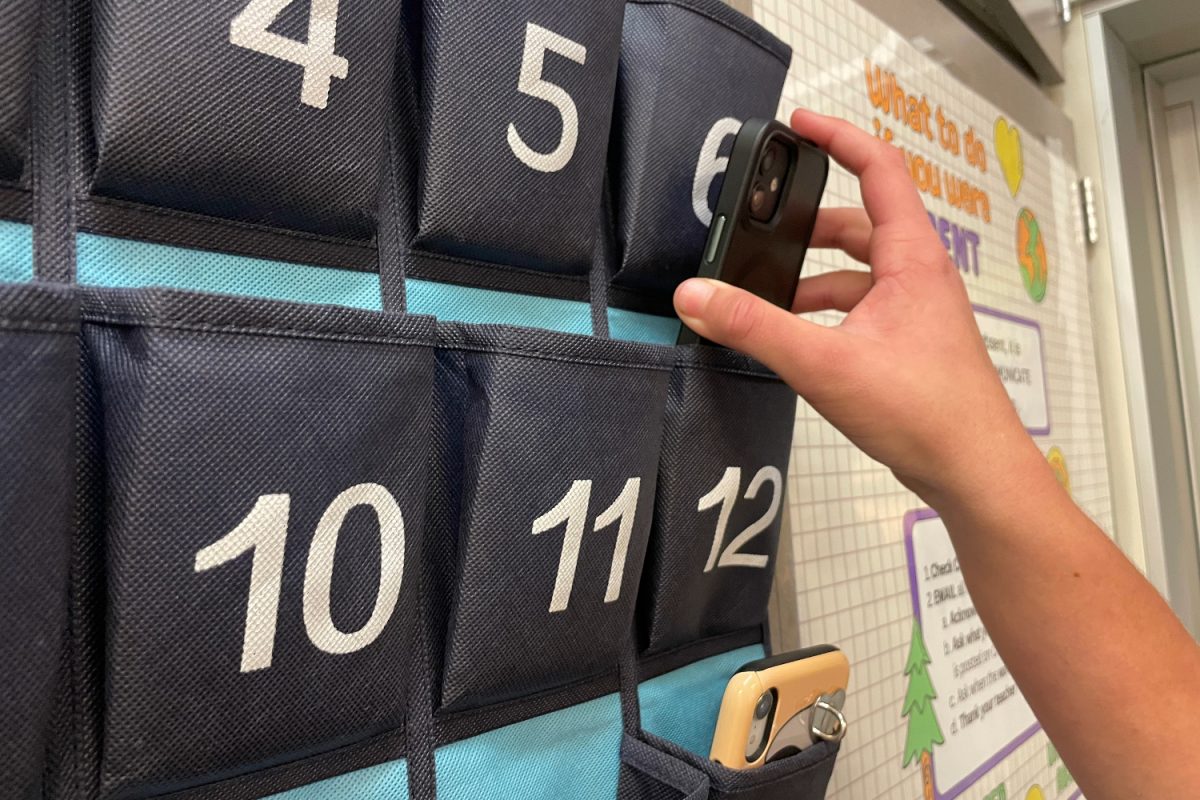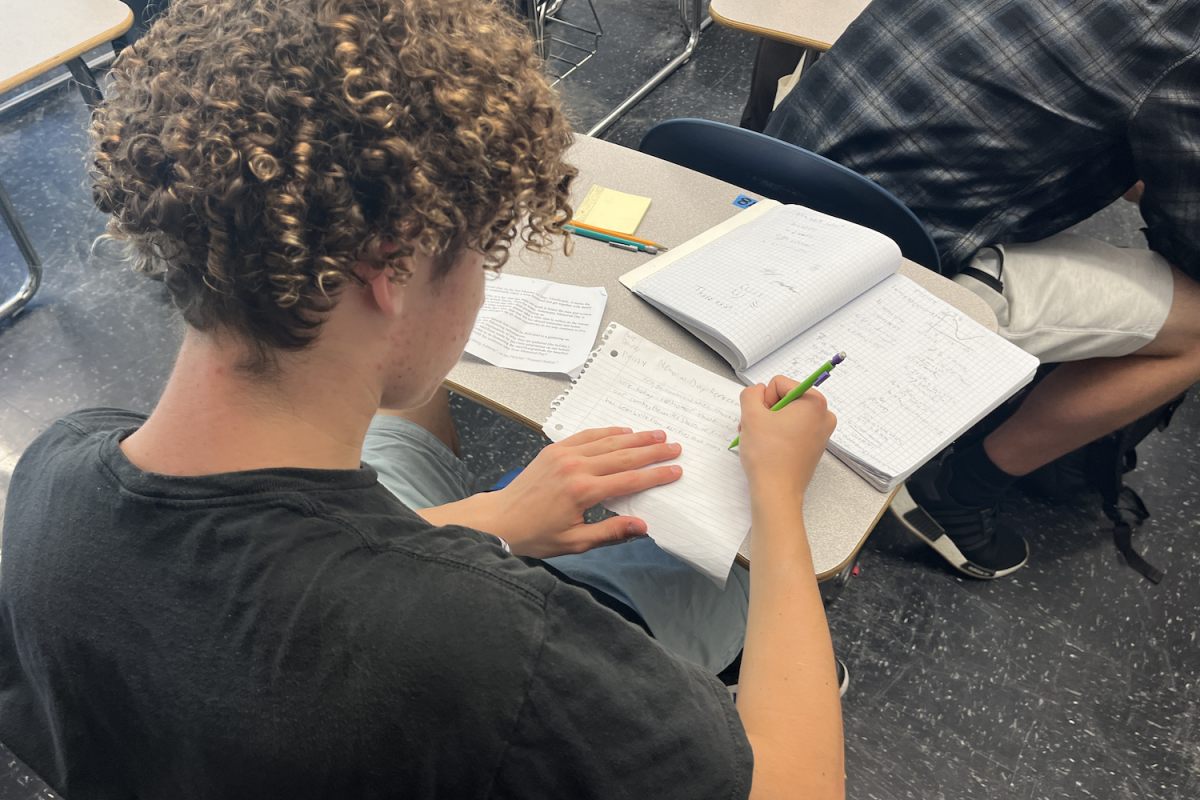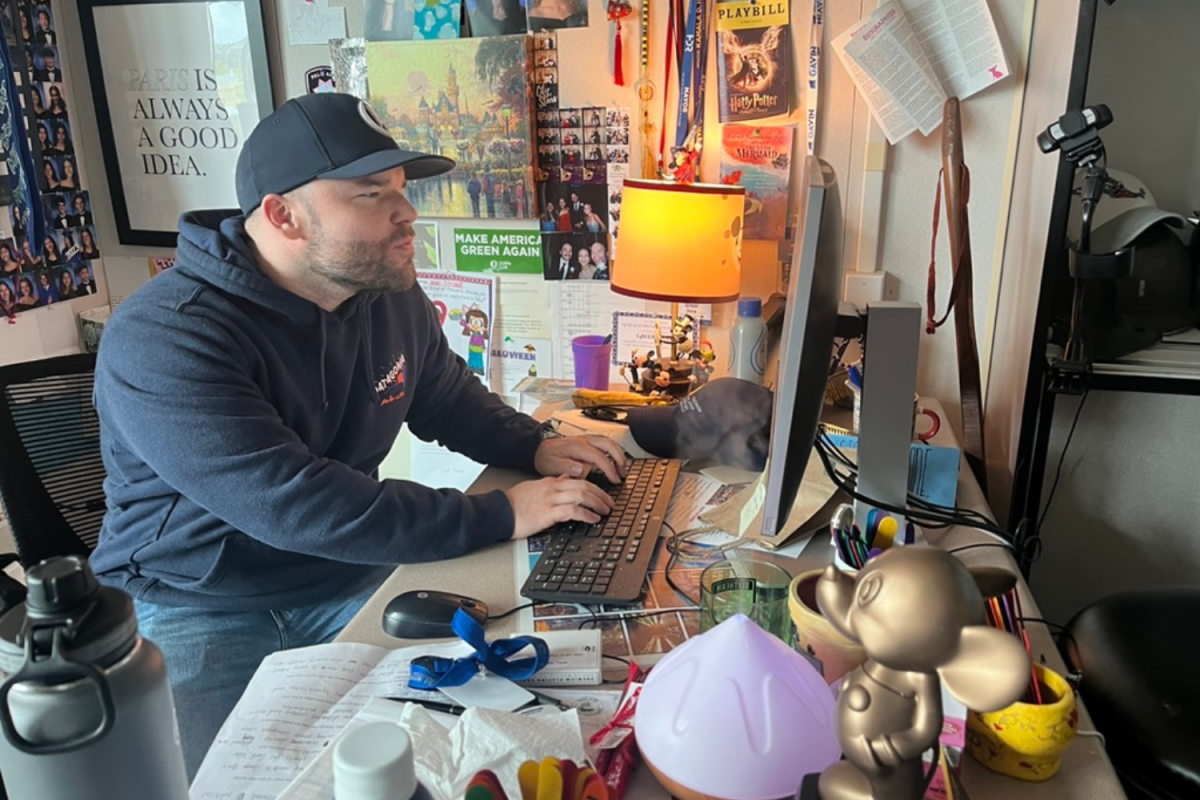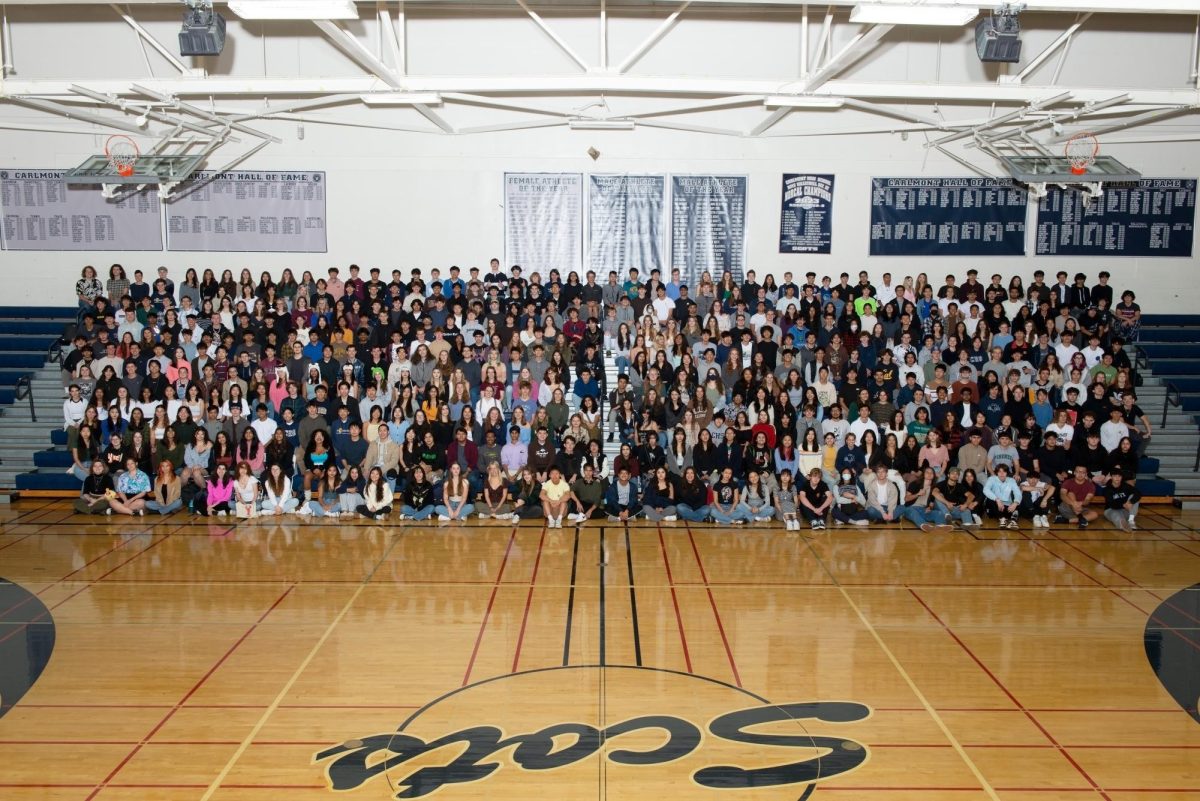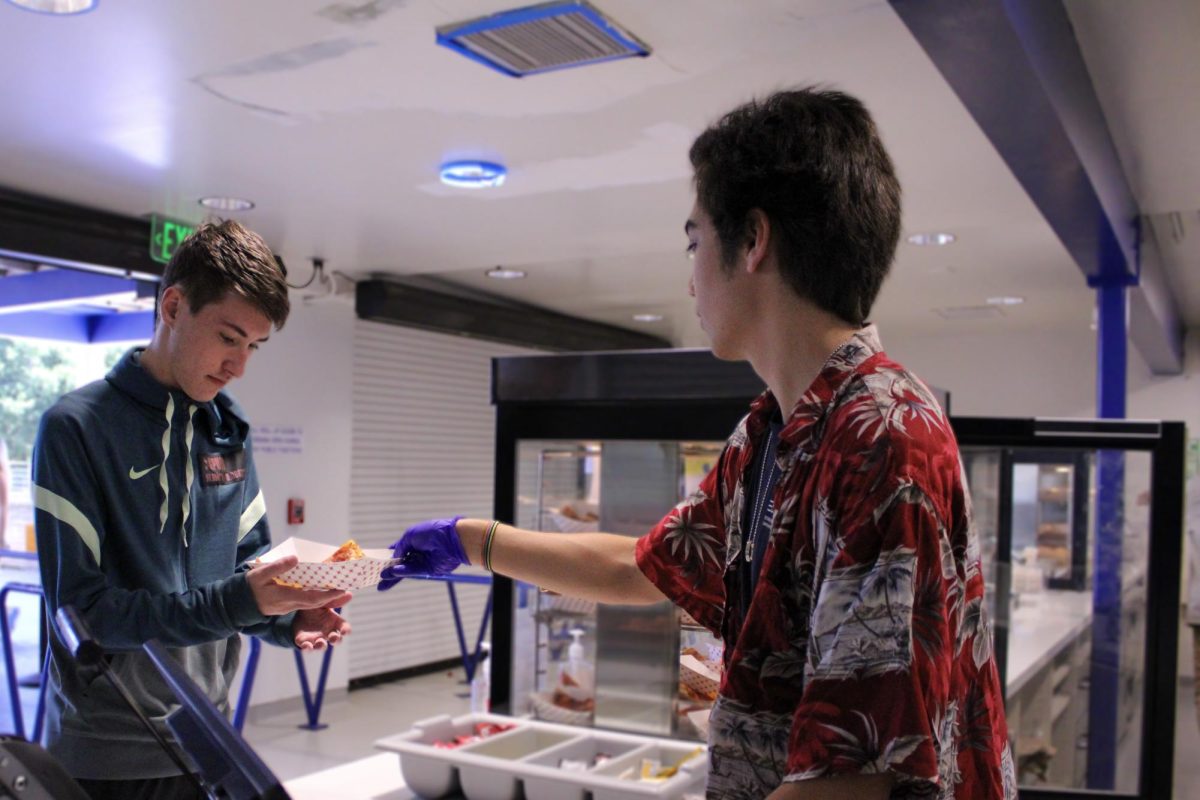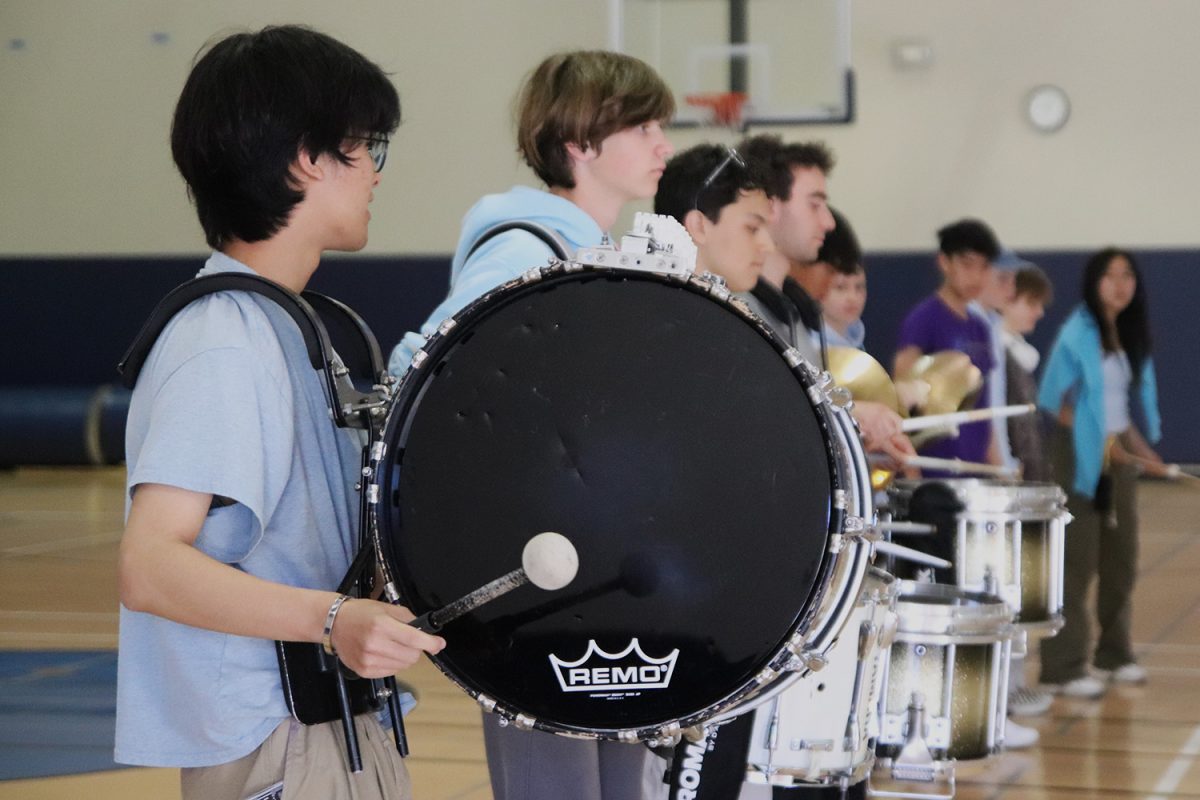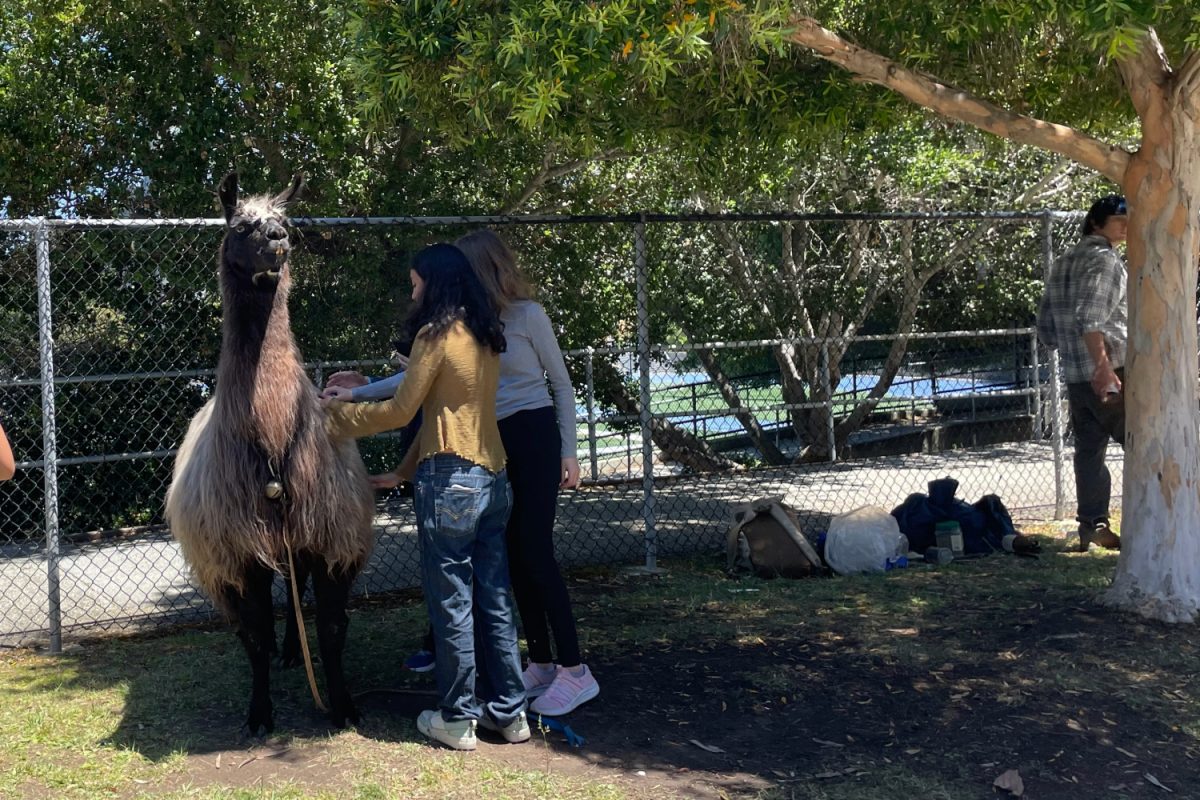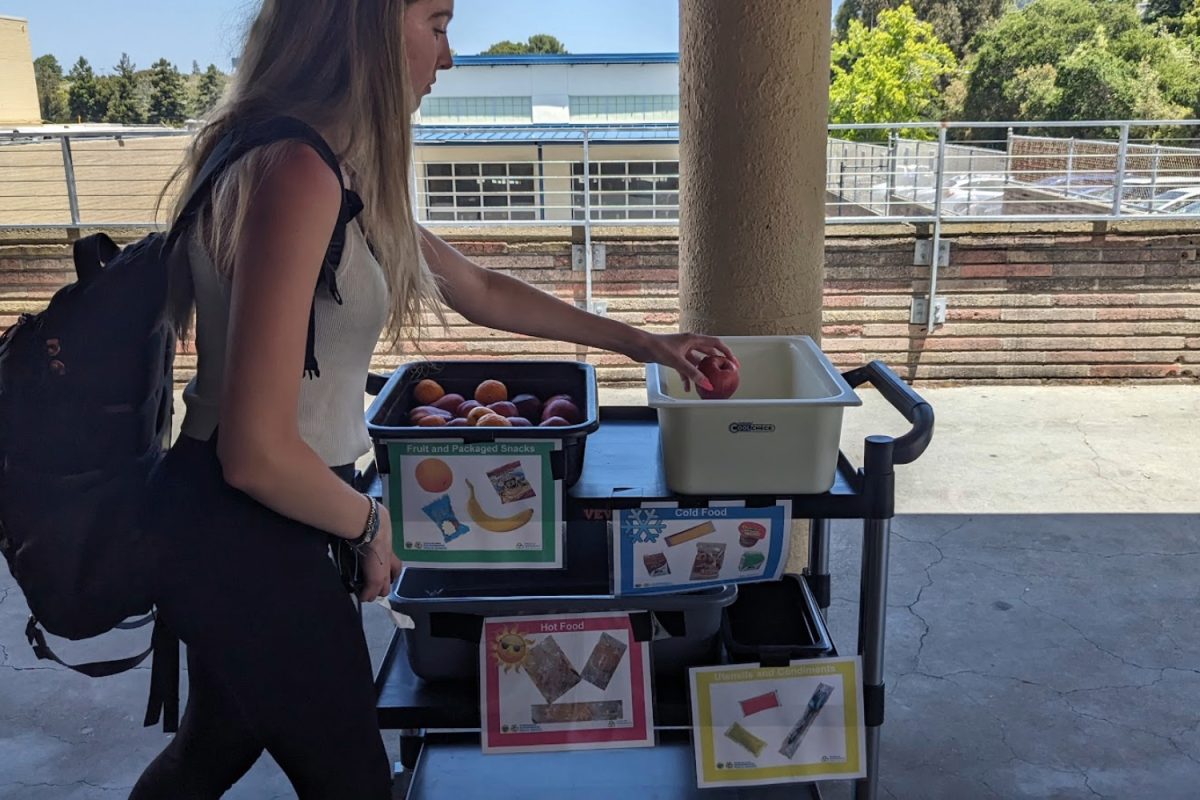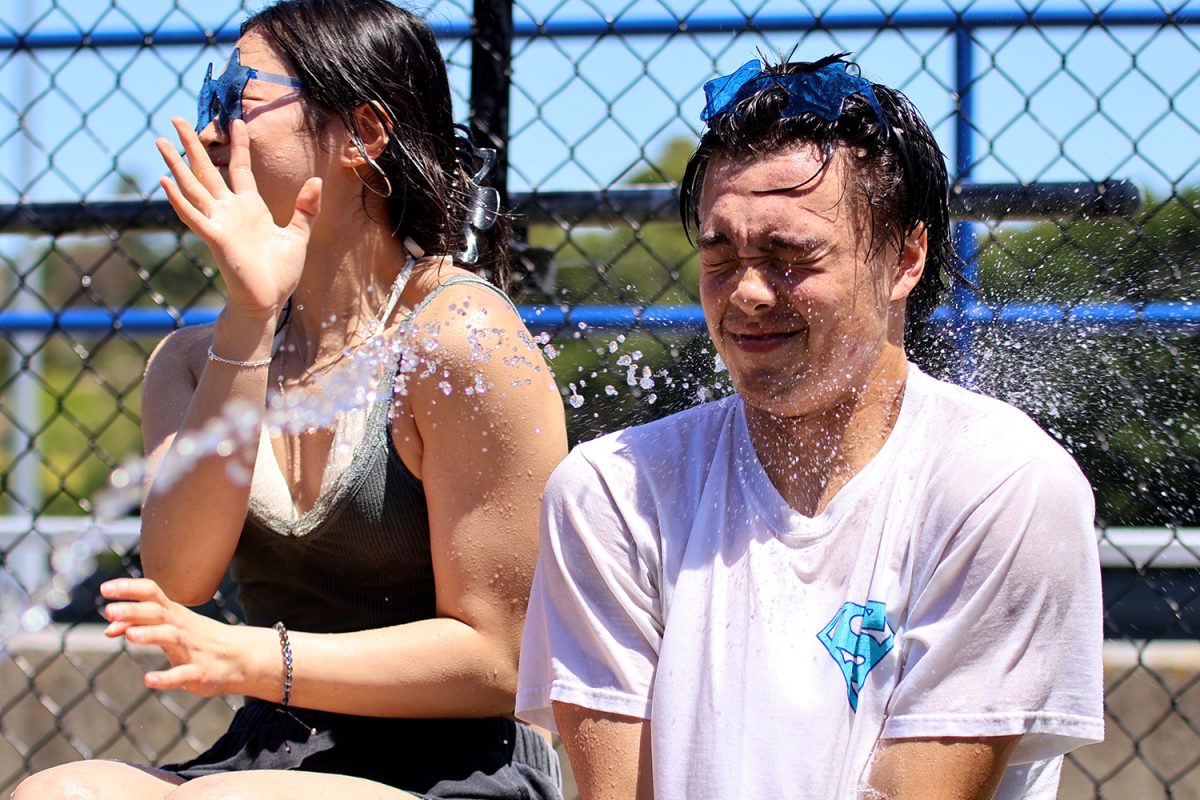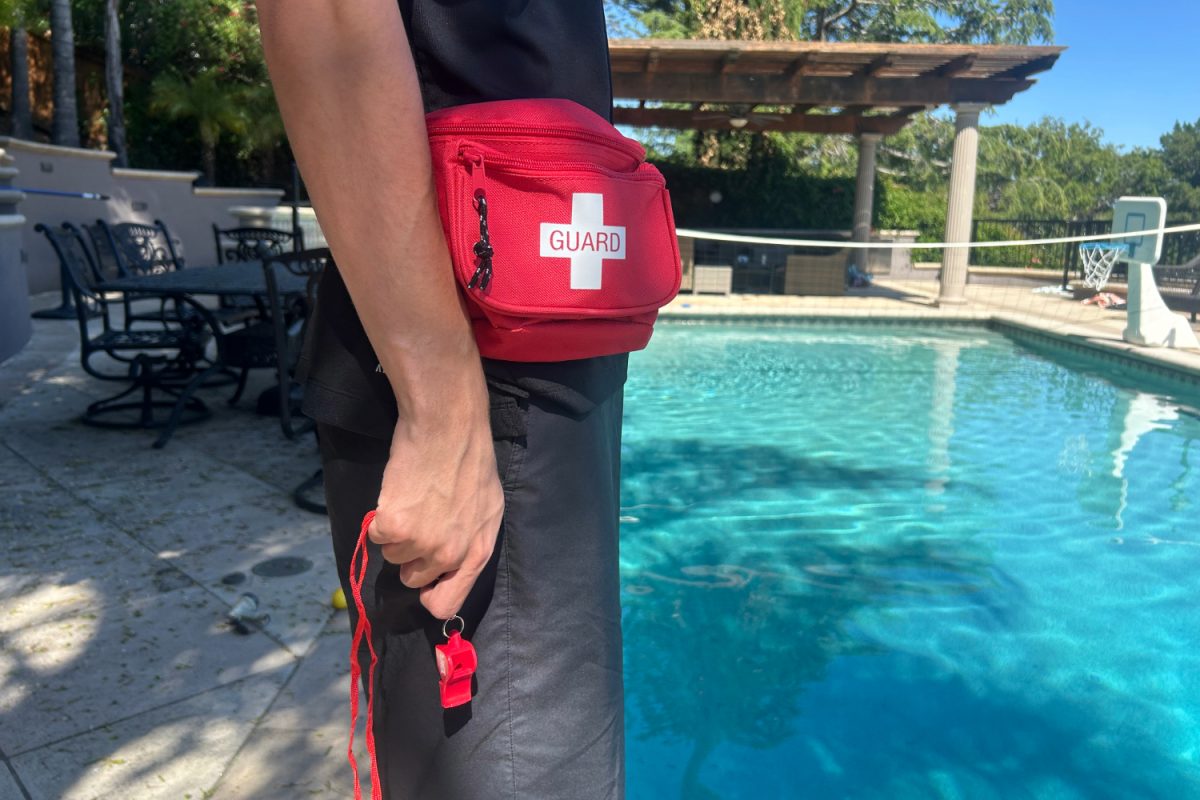Technology continues to become more prominent in post-pandemic educational settings, and teachers and students have attempted to find a balance and manage the issues that come along with it.
Technological sites like Kahoot, Edpuzzle, Peardeck, and Learning Management Systems (LMS) like Canvas have become essential to modern education. Homework assignments can be assigned in the form of Edpuzzles, and most homework is turned in online, even if it is done on paper.
Over the last couple of years, teachers and students have learned more about using online tools like Canvas and Infinite Campus. According to Jayson Waller, a history teacher at Carlmont, the amount of homework and submissions that are done online has gone up after the pandemic.
“Prior to the pandemic, teachers’ attitude towards and comfortability with learning management systems like Canvas was markedly less profound than it is today. We, as a collective, utilize Canvas in a fundamentally different way in 2023 than we did in 2019,” Waller said. “We’ve seen a marked increase in the number of assignments turned in to Canvas, as opposed to assignments turned in through paper alone.”
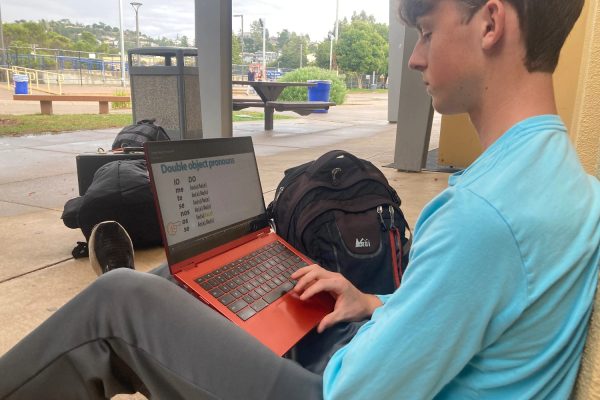
After the pandemic, programs like Zoom and AI software have gained a lot of prevalence. Even though tools like Zoom are not used as much as they were during the pandemic, they are still a resource for people, and use rates remain relatively high.
“I think it’s changed after the pandemic because we saw a great increase in the use of technology during the pandemic, and even after, that increase is still present,” said Evelyn Welton, a senior at Carlmont.
Students continue to spend more time on screens throughout their lives, as most homework is assigned and turned in online.
“It’s a lot easier for kids to do things electronically instead of getting the paper, writing on it, and turning it in. Plus, if someone is absent, you can have a PDF online,” Welton said.
Online tools also allow for many things the Academic Dishonesty Policy does not permit. Over the last couple of years, the use of technology has also come with its fair share of problems, and the capabilities of online tools have significantly increased.
AI software like ChatGPT became increasingly important because of its ability to assist students with their work. As technology has advanced, academic dishonesty has continued to be a problem in classrooms.
In his AP World History and AP United States History classes at Carlmont, Waller has moved to a largely paper-based education model because of cheating problems in his classroom.
“I have tried to minimize the impact of technology. You’re never going to get around all cheating, but you want to make it as difficult as possible,” Waller said.
Teachers try to regulate the use of technology in class, but a significant responsibility is left to the students. Mindy Chiang, a Chinese teacher at Carlmont, requires students to put their phones in their pockets at the start of class.
“It’s a challenge to determine how much technology to use in the classroom and how much to use at home. We can provide guidance to help students manage how much they use, but I think a big part of it must come from the students,” Chiang said.
Maddie Fox teaches Spanish at Carlmont and has also moved away from technology after the pandemic. According to Fox, while she used to teach on Peardeck, she faced challenges with students having other tabs open or not paying attention in class.
“I decided that the computers would go away, and the phones would go in their pocket. I think a lot more students are present in the class compared to the last two or three years,” Fox said.
According to Waller, once technology at Carlmont becomes more consistent, overall academic integrity will increase, and teachers will be able to use technology more comfortably.
“Right now, all ninth graders have a school-issued Chromebook. I can see it changing over time,” Waller said.
Technology changes very quickly, and the general nature of education closely follows. According to Carlmont sophomore Tyler Tachiki, humans will continue to adapt to the continuously evolving state of technology.
“If you’re living before a major technological revolution, you’re trying to prepare yourself for the changes that will come, but no one can predict the future accurately. You have to try your best, but it’s all up in the air,” Tachiki said.

